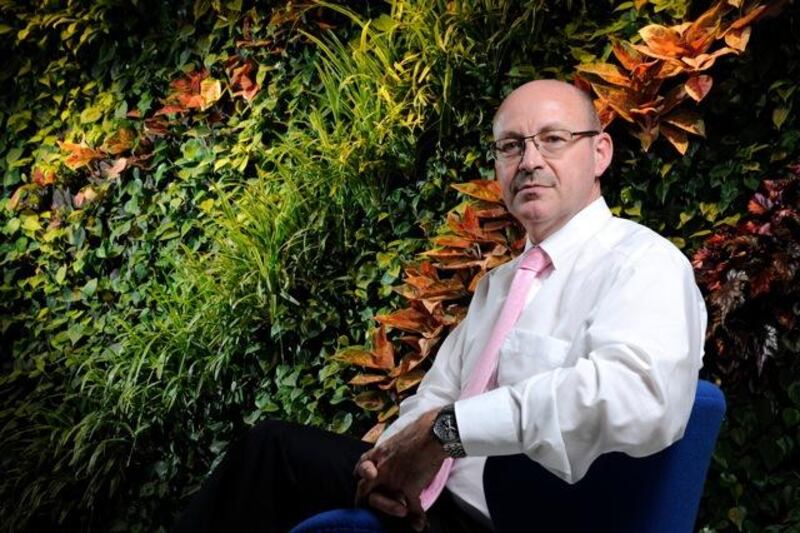SINGAPORE // The plastics producer Borouge is seeking to increase its customer base by threefold as it prepares to enact a massive capacity expansion at its petrochemicals plant in Abu Dhabi.
The joint venture of Abu Dhabi National Oil Company and Borealis, an Austrian chemical and plastics producer, is in the process of expanding its polymers output to 4.5 million tonnes a day from 2.5 million tonnes currently.
The move comes as listed regional petrochemical giants, such as Saudi Basic Industries Corporation, struggle with stagnant European demand and the revival of polymer producers in North America.
Borouge has opened offices in Asia and has been talking to more customers in industries such as automotive and infrastructure supply, according to Wim Roels, the chief executive of Borouge’s Singapore-based marketing firm, which operates as a separate entity from the production firm based in Abu Dhabi.
“We have been working hard on that, and we have significantly increased the number of customers we are working with. So we are well on track there,” Mr Roels said. “We should be ready to take the material when it comes.”
Meanwhile, the Arabian Gulf’s hydrocarbons industry is facing slowing demand growth in China and the prospect of a shale gas boom there.
Mr Roels said Borouge, which has customers in China, India and South East Asia, was sanguine about that.
“[China’s GDP is] still growing at 7.5 per cent, which is not the double digits of a couple of years ago, but I don’t think the double digits will come back,” he said.
“I think the economy is doing OK, but I believe what is more important – especially for a company like ours – is the underlying change.”
To be sure, China’s economy is shifting from its focus on manufacturing for western markets to its domestic demand. That is translating into demand for higher-quality products, according to Mr Roels, citing the rapid growth of urbanisation and the middle class in China.
“More and more Chinese citizens have money to spend, and they are very brand- and quality-focused,” he said. “We believe it’s important to fit in the new China and to focus on quality-differentiated products which allow customers to fit into the trends and to focus on making things that local consumers require and look for … It is a bigger change than the couple per cent reduction in growth.”
Mr Roels noted that shale gas in China had the potential to affect Middle East producers by freeing up coal for petrochemical production.
The majority of shale reserves in China are believed to be methane, which can be used to produce electricity. But the fuel is less useful as a feedstock for petrochemical crackers, which use “wet” gas such as ethane, propane or the crude derivative naphtha.
However, China has invested heavily in petrochemical plants that use coal. Next year, its coal-driven chemicals factories are forecast to account for more than a quarter of the world’s expansion in ethylene production capacity, according to South Korea’s Woori Investment & Securities.
“China, which has a large coal reserve, wants to use that reserve for strategic purposes and chemicals is one of them, and investments are taking place,” said Mr Roels.
“Some of the complexes are running already and probably more will come – that’s what we see as a direct and indirect effect of shale gas on our industry.”
ayee@thenational.ae





